Amy - a BIPOC Outdoor Mental Health Story
Content warning: This article mentions emotional, physical, sexual abuse and a suicide attempt in non-specific terms.
“I kind of always had this idea that children grew up scared, neglected, angry and abused,” said Amy, a queer Chinese-Mexican hiker living in Arizona. She experienced emotional, physical and sexual abuse from a very young age which led to severe depression, anxiety and PTSD. “As long as I can remember, there was something off,” the 34 year old recollected. “I grew up very afraid of the world. Afraid to come out. Not wanting to try new things or talk to people.”
“It’s so hard to find an opening to talk about mental health and our mental well-being. Maybe it goes along with the pronouns: ‘I’m Amy, my pronouns are she/her and I have anxiety and depression.’”
She was also hesitant to be outdoors for a number of reasons including size, physical abilities, resources and time. “I didn’t have a relationship with the outdoors at all until probably the last eight years,” Amy admitted. “My partner exposed me to hiking and camping and I think social media introduced me to the types of things that are possible outdoors.” Through her relationship with her wife, Amy realized that not everyone experienced the same intense trauma that she had been exposed to as a child. Medication and talk therapy also helped. Part of her journey since then has been figuring out how to reclaim her story.
Amy enjoys spending time in Nature even if her experience may not align with that of everyone around her. “There are times when it gives me a sense of belonging, calm and peace,” Amy explained. “There are also weeks when [Nature] feels like a slap in the face—when I’m like ‘why does this exist if I can’t enjoy it and it doesn’t feel good anymore?’”
Mental illness and outdoor organizations
On a hike, or kayaking trip, you typically don’t open with, “Hey, I’m Amy and I have depression”, or “Hey, I’m Amy and I forgot to take my medication today.” It’s so hard to find an opening to talk about mental health and our mental well-being. Maybe it goes along with the pronouns: “I’m Amy, my pronouns are she/her and I have anxiety and depression.”
Who are you creating space for?
I’m an Ambassador for a hiking group. On both hikes that I’ve led, I was the only person of color. I’m the Ambassador and I’m supposed to be creating this space, but I’m actually creating space for white women. Meanwhile, I’m a fat woman of color coming out of severe depression and almost taking my own life. It’s been hard. At the end of one hike, a woman of color joined us and my immediate feeling was ‘I’m here for the whole group, but I feel at home with you.’ It made me reflect on what it means to be creating this space for more white women to get together and hike when people of color aren’t coming out.
Headlines, headspace and hiking
There are times when I’m seeking it out and there are times when I’m like “don’t look at me, don’t touch me, don’t breathe on me, don’t mention intersectionality, I don’t want to talk about that.” If I could be a part of a group of people who enjoyed the outdoors—people of color, who were also different body sizes, who also experienced depression, I would be very, very interested. There’d be a level of safety there, that I don’t necessarily feel in other spaces or I haven’t been able to find in other spaces.
What can the outdoor community do differently?
I feel like there’s a big push towards group activities and creating community outdoors and that can be a beautiful thing but there's also an immense value in building our individual relationships with nature. You can be outdoors and not want to join a 20-person hike or 10-person kayak adventure and that’s okay. Sometimes the relationship between the outdoors and my body is a very personal thing. There’s a push for community, which is great, but it's equally important to recognize that individual space and learning to hold your own pace is also valuable.
Get help today
The National Suicide Prevention Hotline: 800-273-8255
Nacional de Prevención del Suicidio: 888-628-9454
Deaf & Hard of Hearing: 800-799-4889
The Trevor Project Suicide Prevention Hotline for LGBTQ+ Youth: 866-488-7386




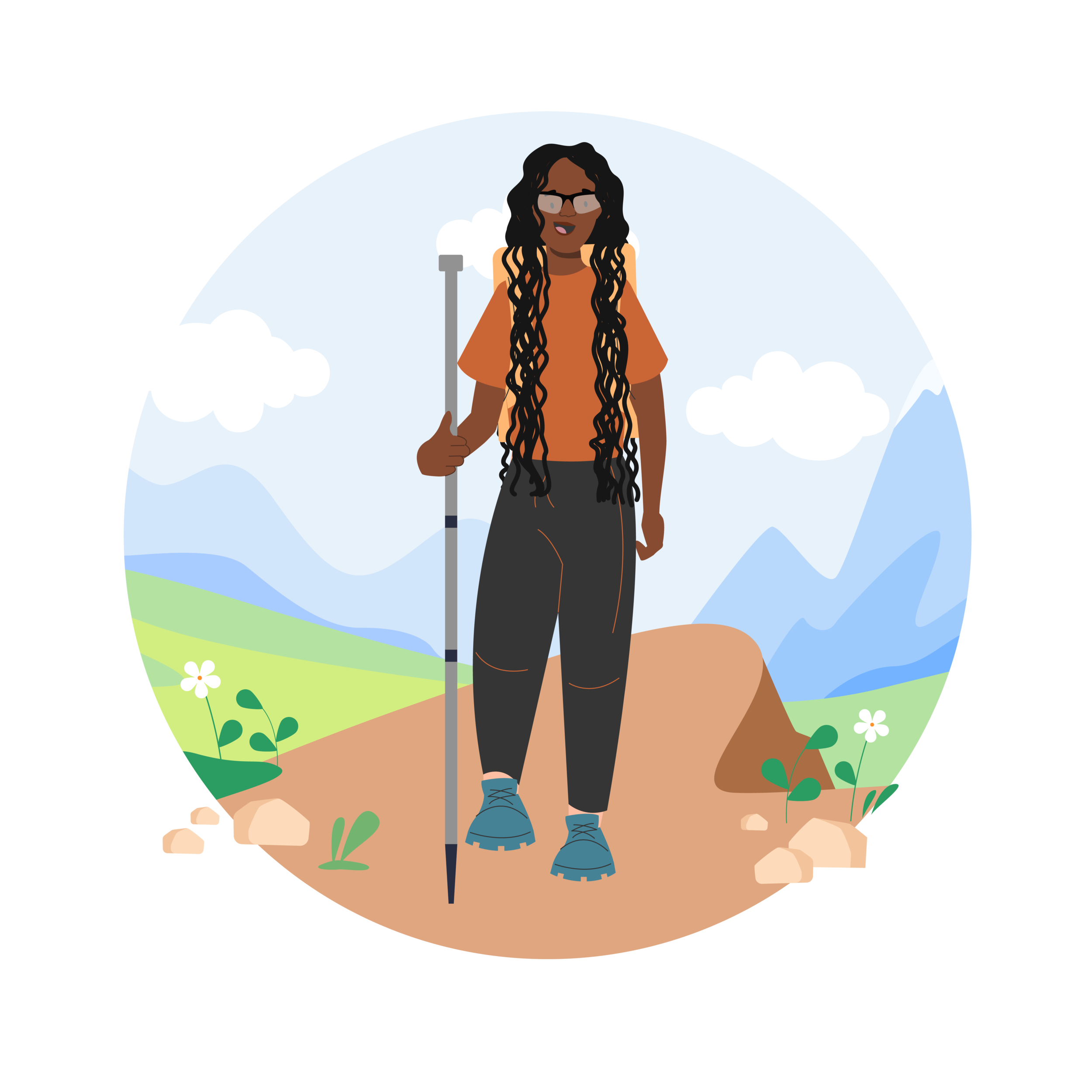
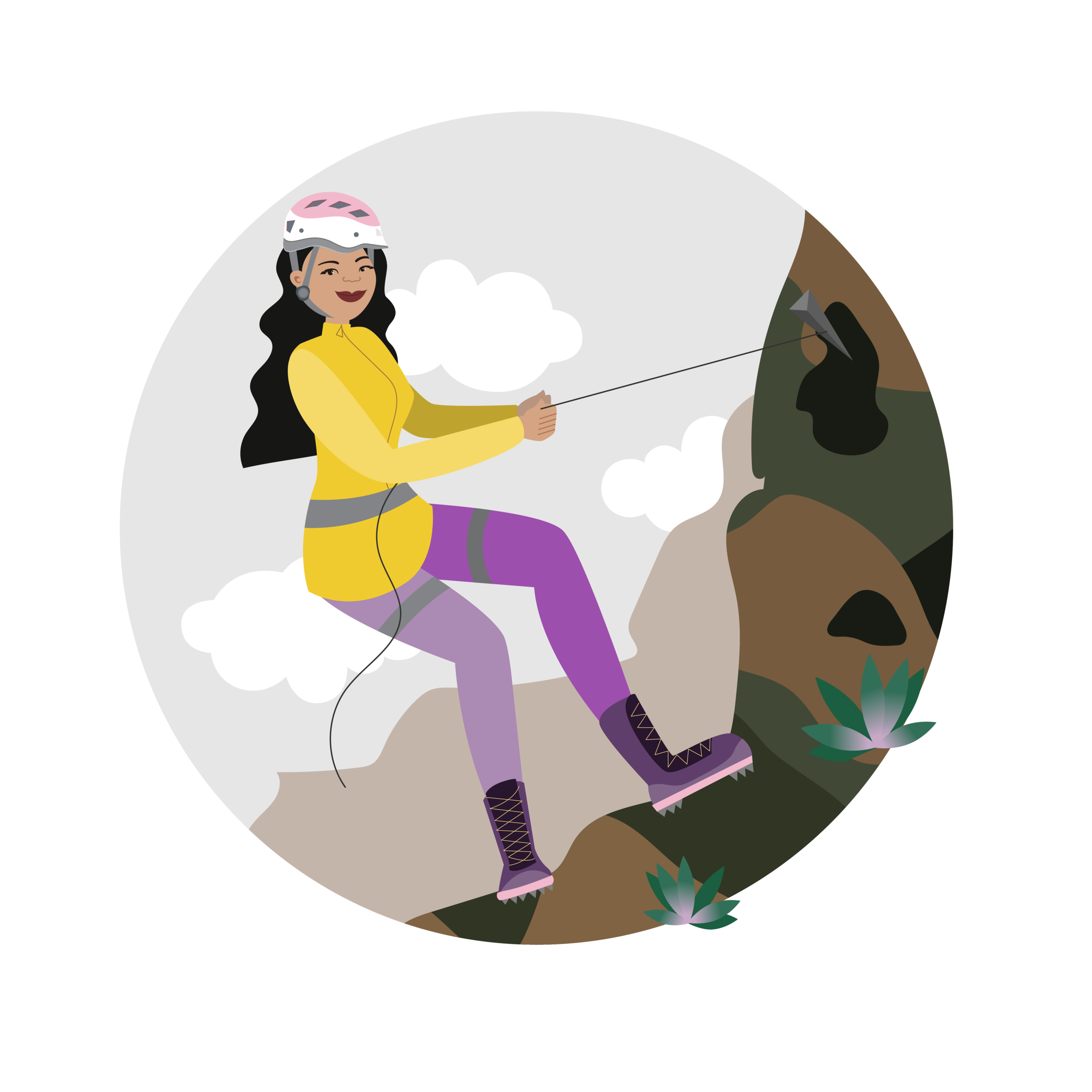

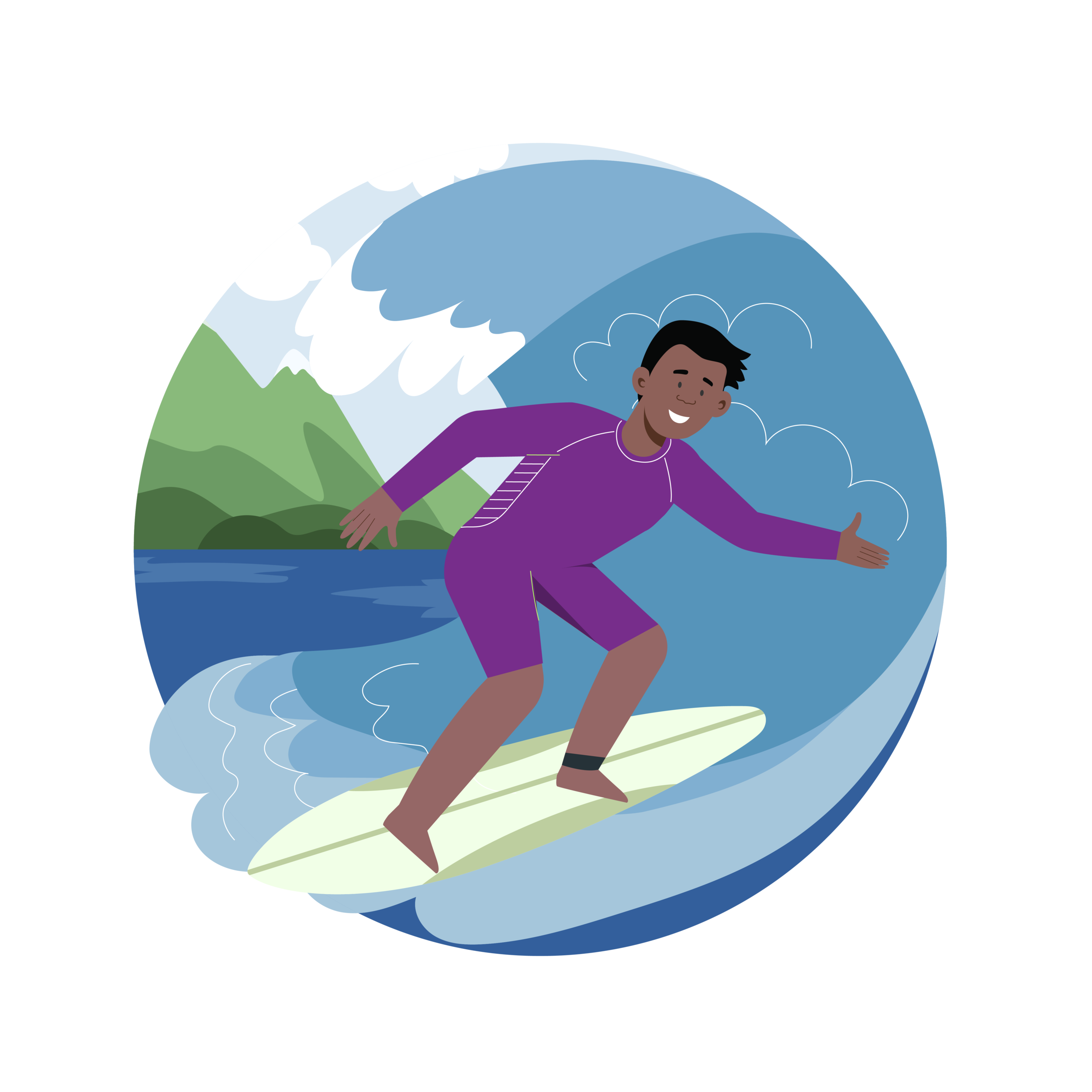
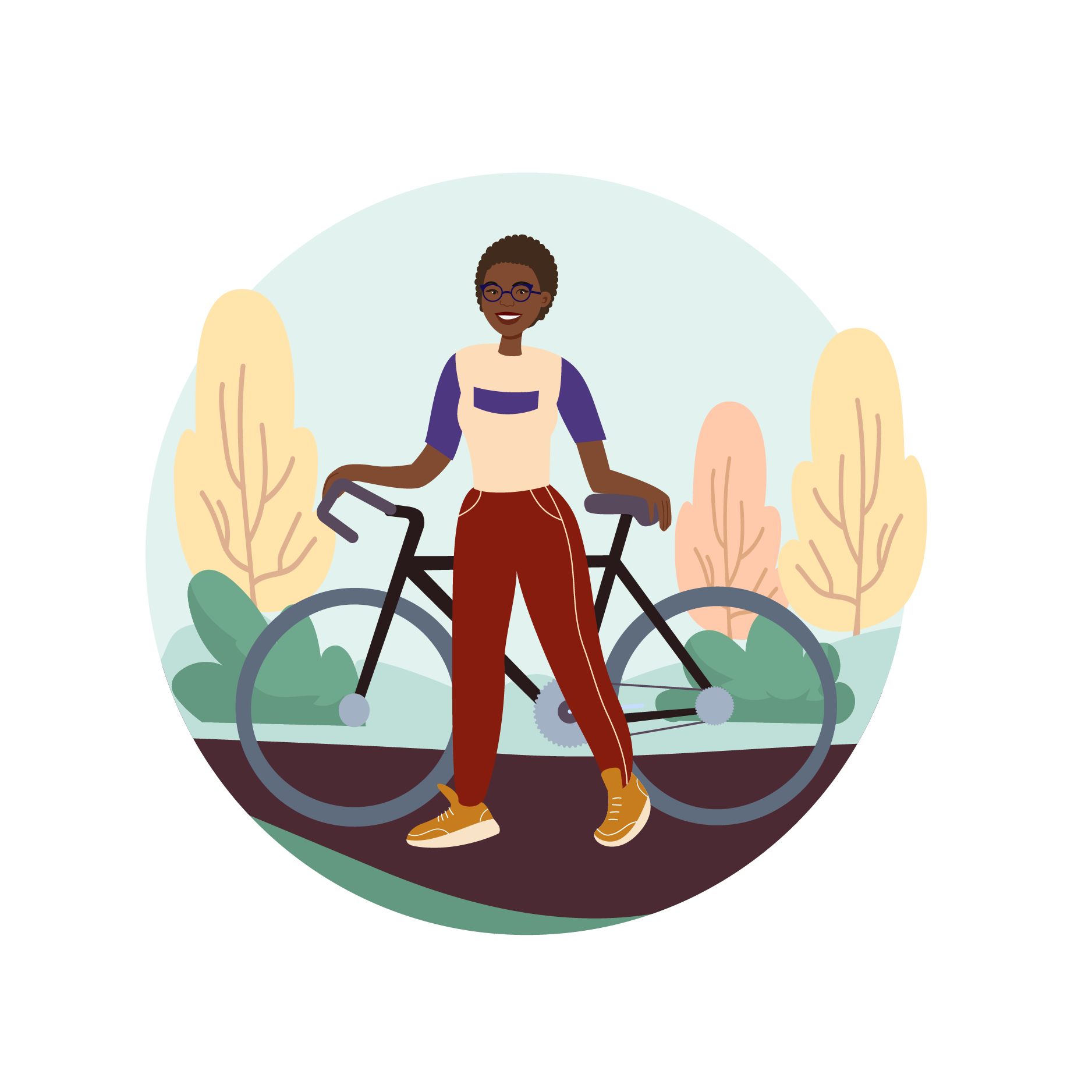
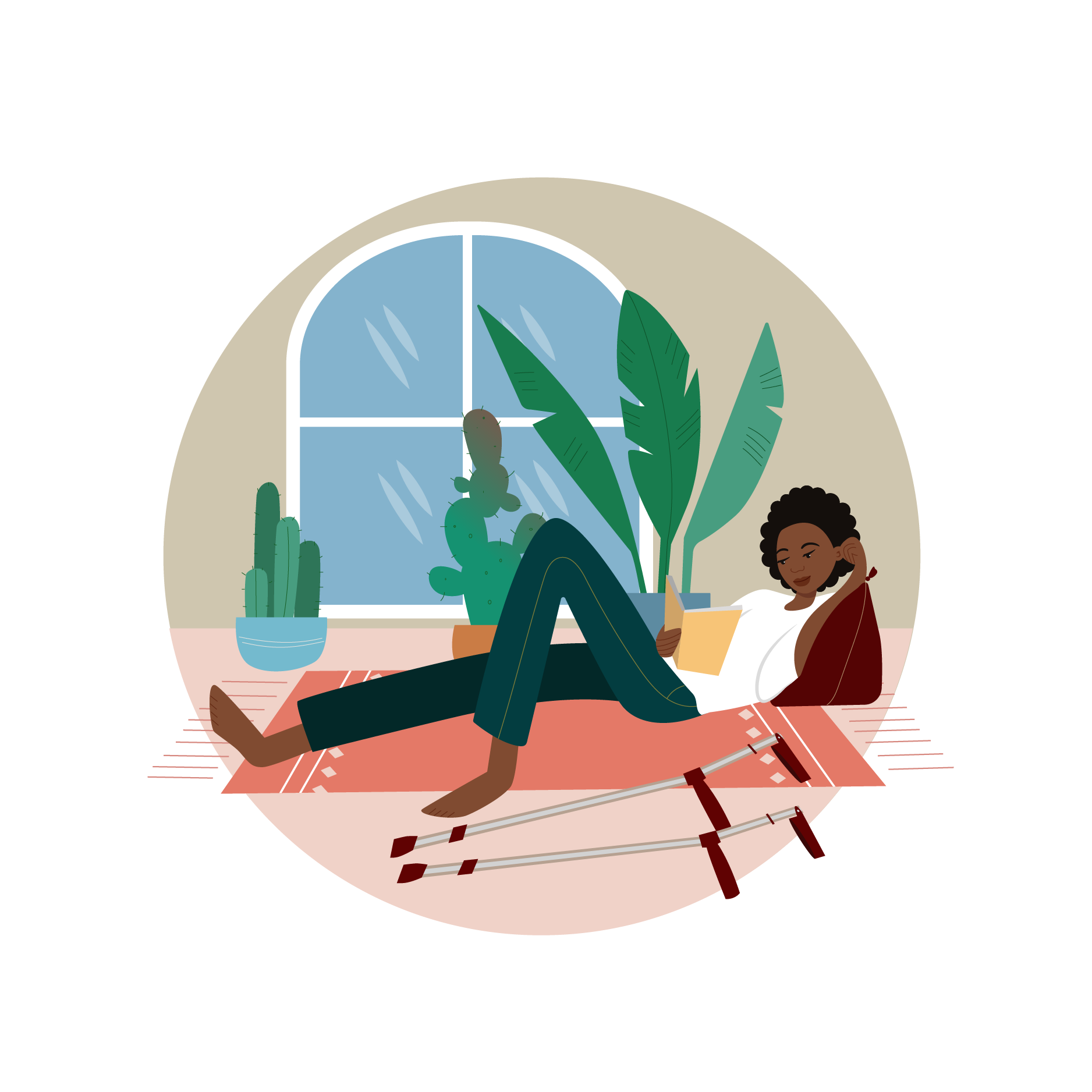








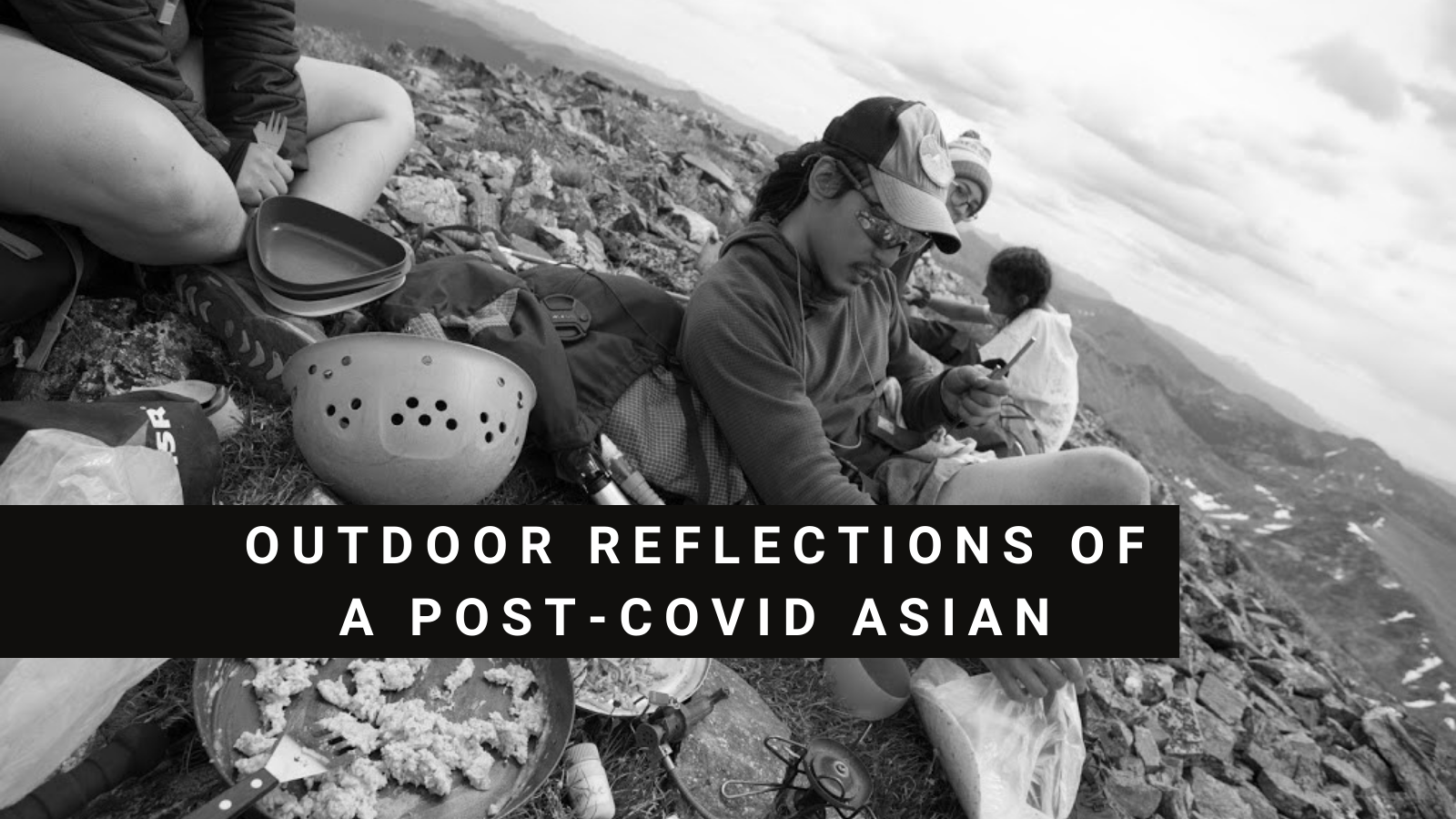

Dear Black men, when was the last time you went hiking? A week ago? Last summer? Never? Of the many hobbies people pick up, hiking is not always well-received in African American communities. I would like to change that. Some will say, “Does being Black matter?” Yes, without a doubt.